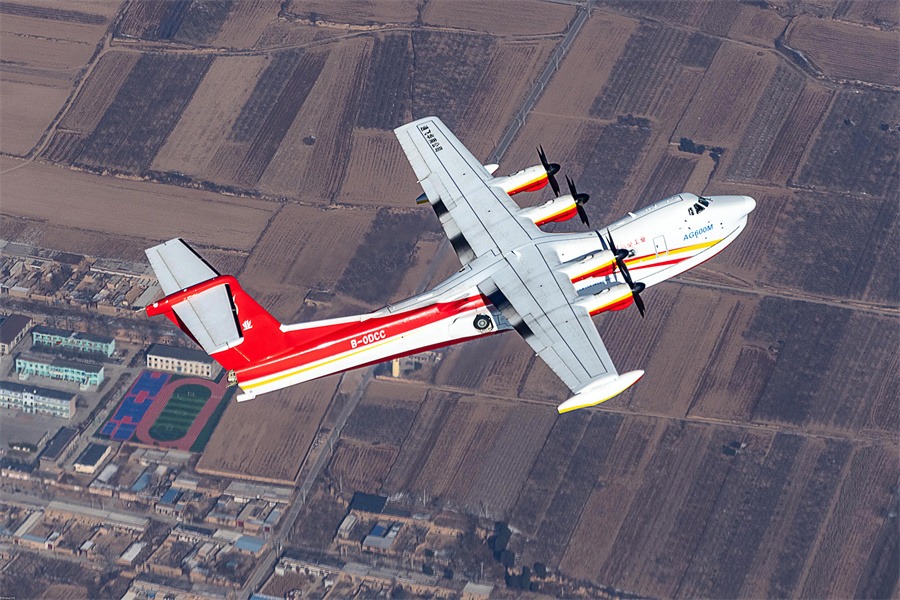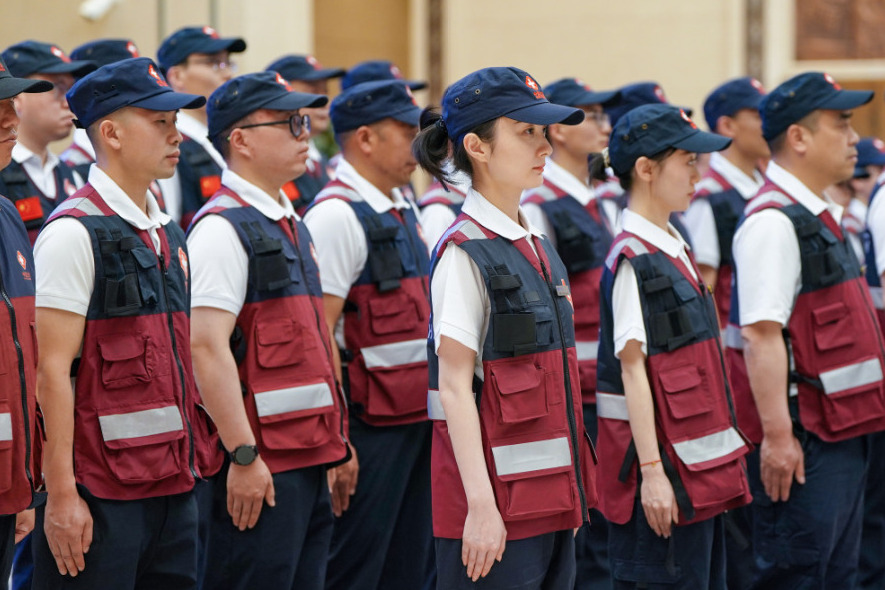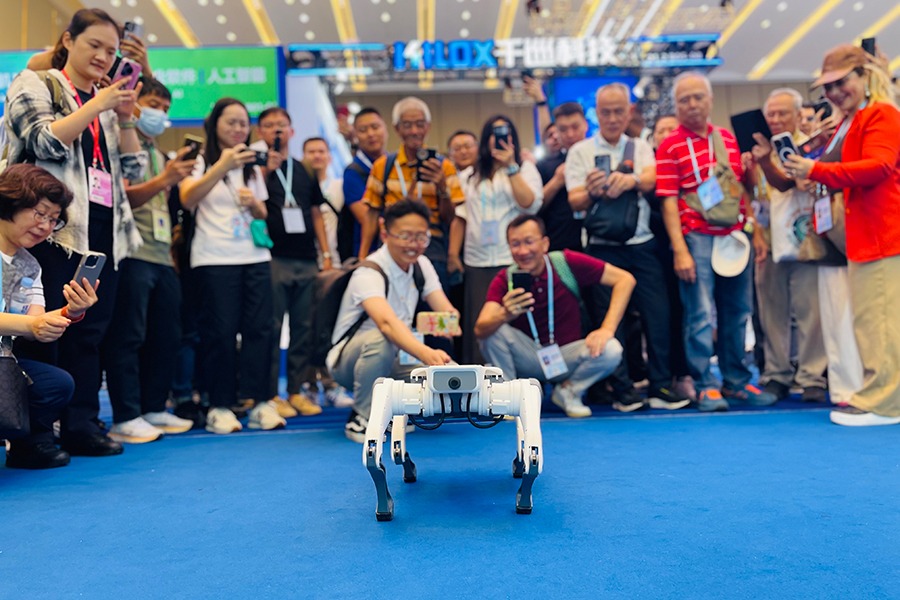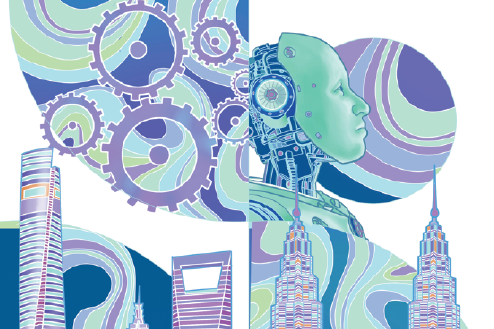China deserves to celebrate its victory against extreme poverty


China's achievements have been hitting international headlines for a long time. Recently, President Xi Jinping's declaration of victory against extreme poverty became the main focus of global discussions.
In 2019, the BBC World Service aired a report titled "China anniversary: How the country became the world's economic miracle". The report indicated that when the country was founded in 1949, the economic situation was dire. In those days, China did not have many trading partners and limited diplomatic ties. The country relied on self-sufficiency. The situation later changed. Over the last decades, China has launched several key market reforms to open trade routes and flows for investment, eventually pulling hundreds of millions out of extreme poverty.
China's poverty alleviation effort started in the 1980s during the Deng Xiaoping era. Xi made it a top policy priority. In 2012, he announced the program just 45 days after taking office. At that time, Xi conducted a tour to impoverished villages in the Fuping country of Hebei province from December 29 to 30, 2012. Seventy-nine percent of the people in that village lived below the poverty line. The announcement indicated that it was firmly in Xi's mind that poverty must be eradicated from the country; in this regard, he targeted the villages.
Xi started poverty reduction from villages. He predicted nine years earlier, if the villages were poverty-free, the whole country would be poverty-free. Xi's prediction came true through his recent announcement of victory over extreme poverty. The rural economy is the backbone of the Chinese economy, and the government has always given priority to the rural economy. For this reason, Xi's initial priority was on villages, and by liberating them from poverty, he has done a great job of liberating the country from poverty.
It is essential to determine strategies for poverty alleviation. China took effective measures to fight against poverty. In China, the government identified small areas, not the whole country. It identified poor people and families in small areas and brought them into a national registration system. The system, which gathered data from 128,000 villages and 290,000 families, helped identify the most impoverished areas in Guizhou, Hunan, Guangxi, Sichuan and Yunnan provinces and region. The poor people there are covered under the government's Five Batch Policy and the Seven Institutional System. Besides, the government rolled out "Internet plus" strategies to fight against poverty. This initiative established hundreds of rural e-commerce centers to facilitate online sales of farm produce and regional specialties. In this regard, Alibaba, the Chinese internet giant, has backed the development of e-commerce centers.
Moreover, the government also launched the rural settlement program. It supports the relocation of rural residents who live in remote or environmentally sensitive areas to areas closer to cities. Thus, these initiatives helped 98.99 million people move out of extreme poverty following an eight-year campaign and removed the official poverty list from residents of over 800 counties with an average income of less than 4,000 yuan ($619) a year. Over the past eight years, the country has spent nearly 1.6 trillion yuan in poverty alleviation.
This quote from Xi sums it up nicely, "Shaking off poverty is not the finish line, but the starting point of a new life and new endeavor." The statement urges that the battle against extreme poverty might be over but China's development continues. This is just a sign of improvement, and there is still a long way to reach the ultimate goal. Not only does China need to be liberated from poverty, but it also needs to be given the leadership to alleviate poverty from the whole of the earth. Those who can put a smile on people's faces will lead the world in the future.
The author is Associate Professor of Political Studies, Shahjalal University of Science & Technolgy, Sylhet, Bangladesh.
The opinions expressed here are those of the writer and do not necessarily represent the views of China Daily and China Daily website.
If you have a specific expertise and would like to contribute to China Daily, please contact us at opinion@chinadaily.com.cn, and comment@chinadaily.com.cn.


































